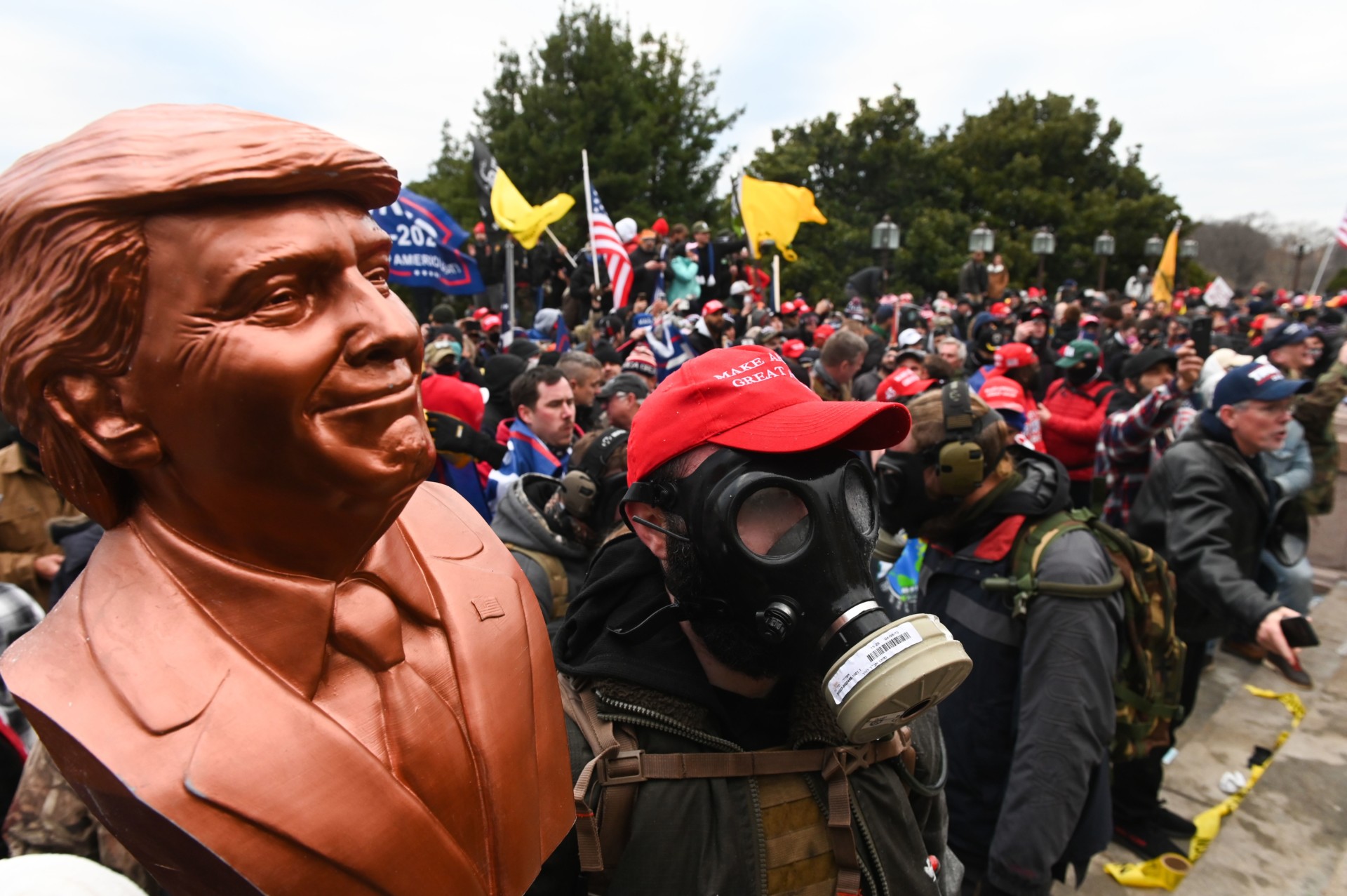Both jihadis and those who stormed the Capitol…are anti-establishment groups. They both see themselves as fighting an identity-based conflict. The jihadists feel they’re protecting the Muslim ummah from the rest of the world. And the insurrectionists felt there was some evil out there that was hurting their ‘group’ and they had to rise up to defend their side.
Nafees Hamid is a cognitive scientist of political violence who wrote an essay for New Lines Magazine on why people join violent groups.
In this podcast with New Lines’ Faisal Al Yafai, he discusses his essay, “The Neuroscience of ‘Devoted Actors’ Within Extremist Groups”, explores similarities between jihadists who joined ISIS and the insurrectionists who stormed the US Capitol – and explains why neuroscience shows that a feeling of being excluded can change what people are willing to fight – and die – for.


